Recently, somebody commented on my review for Vitapost ProJoint Plus. One of my recommended dietary supplements for joint pain relief. After sharing their own experiences of taking a different supplement I was left pondering the following question ~ Which Is Better Glucosamine HCL or Sulfate?
Previously, I wrote that “Glucosamine Sulphate is more effective than HCL”. Something I copied from the Vitapost website.
However, after having this conversation with this man (a guy called John) he asked me if I could provide links that could further prove these claims.
I will share these links further down in this article…
but anyhow also I will be looking into this question in a bit more detail.
Although, before I continue
Here is John’s original message;

So, I quite liked this comment as it was actually constructive feedback. Some other comments I get I think they just aren’t really helpful but I liked this one as I felt it was something I could use to update my post (for ProJoint Plus) to be more accurate. I shall do this probably after I have finished with this post here, But back to my chat with John.
What he told me after was that he was already taking Glucosamine HCL through a product called ‘USANA Health Sciences Procosa’ I am not really sure how he was doing with this product (he did not say). Only that he was interested in ProJointPlus and that his Chiropractor recommended a Glucosamine Sulphate product called Metagenics Arthrex.
I didn’t realise this at the time but I think that John’s point was that not only was I saying that a Glucosamine Sulphate based supplement is possibly better so was his Chiropractor. Which I guess possibly did make him think if this could be the case… and I think it is a very good question to try and answer…
Which is better…
Glucosamine HCL or Sulfate?

Well, let’s begin, shall we?
If you suffer from Joint Pain or Arthritis it’s most likely, someone you know or a doctor will recommend Glucosamine.
Glucosamine has been proven to be effective for some people, although not everyone believes this to be true. Generally speaking, though people use different types of glucosamine. It can either be purchased as either a sulfate or hydrochloride (HCL) form.
- Glucosamine Sulfate Potassium (GSP) or
- Glucosamine Hydrochloride (GHCL)
There aren’t many people who know the difference here, which is unfortunate but there definitely is. Although, which is better? Some people are team HCL and others are team Sulphate.
It would appear that each type has its own supporters and opposition. From my research, the Sulphate type seems to be the more effective. Indeed I have read that the HCL type does not even work but this is something I want to clear up.
Before I do though…
What Is Glucosamine?
For anyone that has never heard of glucosamine, this is actually a compound that the body produces naturally. Supplements containing a form of this organic compound are often used for arthritis pain and joint relief. These products can help alleviate joint pain conditions.
The benefits of glucosamine are so well-known that many joint supplements simply call themselves “glucosamine” supplements. These products usually besides Glucosamine also contain Chondroitin which is another naturally occurring chemical. Together these form a mixture that is very sought after.
Many that take these products do so because unfortunately, the levels of chondroitin and glucosamine in our body’s diminish as we age. The result is weakened and stiff joints which can become very painful and affect mobility.
For this reason, we need glucosamine because it helps develop cartilage and lubricates joints. This means that glucosamine joint supplements if you can find decent products that work are very much worth looking into.
Except finding the right product is made all the more confusing when we consider that there are these 2 different types.
But, let’s settle this – Which is better…
Glucosamine HCL or Glucosamine Sulfate?
Let’s first take a look at…
Is Glucosamine Sulphate Better?
The most common type of glucosamine on the market, and the type that most often appears in study trials on animals and humans, is glucose sulfate (GSP). This substance can also be synthesized in a laboratory or derived from shellfish.
Various other chemicals are made in the body from GSP, such as cartilage, ligaments, tendons, and a thick fluid around the joints called synovial fluid. It is possible to increase cartilage or fluid around the joints while preventing or slowing the breakdown of these substances by taking supplements with GSP.
In addition to sodium chloride, sodium sulfate potassium can also be stabilized with table salt. Among the components of GSP, the sulfate part is the most important. When cartilage is being built and repaired, it requires sulfur. It has been shown to be as effective as or even more effective than some non-prescription pain medications.
In addition, it improves movement and reduces pain.
Even, a new study suggests that GSP may be useful in preventing the progression of joint problems. [R]
Now, let’s look at…
Glucosamine Hydrochloride (HCL)
There is limited evidence that glucosamine hydrochloride (GHCL) is effective. Shellfish contain glucosamine hydrochloride. This product does not contain sulfate, unlike glucosamine sulfate potassium. Cartilage requires sulfate to be synthesized and maintained. Sulfate is much less prevalent in glutamine HCL.
The interesting thing though is Glucosamine Sulfate has 66% purity as it contains the additional sulphur whilst Glucosamine HCL has 99% purity. The more effective of the two based on studies is Glucosamine Sulphate but perhaps one reason why this is that data is very limited on Glucosamine HCL.
Although, one very notable study suggests that between 2 groups the one taking a placebo had the same results as those taking glucosamine Hydrochloride (HCL). [R] So that is basically why GSP is mostly recommended, but…
What Is The Difference Between Them Both?
A good joint supplement that will help reduce pain, inflammation, and improve joint health should contain both glucosamine sulfate potassium and chondroitin sulphate. HCL and Sulphate supplements differ in several ways.
- The body requires sulfur for cartilage building and repair, which is found in glucosamine sulfate potassium. This is not the case with glucosamine HCl.
- Clinical evidence shows that glucosamine sulfate improves joint health over glucosamine HCl.
Further research by the National Institutes of Health concluded that “glucosamine is effective in managing osteoarthritis when used as prescription medicine”. In particular when used as crystalline glucosamine sulfate. Other formulations or salts of glucosamine (e.g. hydrochloride) are not as effective, and this is the stabile form.
Often, this leads to people buying “glucosamine supplements,” which aren’t the right kind and are of limited benefit. Getting a supplement with GSP is a recommended option if you’re looking for an effective glucosamine supplement.
Several studies have indicated that GSP might calm osteoarthritis and other problems with joints. When choosing supplements, be sure to check for these ingredients. Glucosamine Sulphate and Chondroitin.
Also, check out this video online by Dr Gregory M. Martin about his thoughts on these 2 compounds.
Recommended Products for Joint Pain Relief
| Product Name | Brand Name | Price for 1 Bottle | Where To Buy |
| ProJoint Plus | Vitapost | $29.95 USD | Click Here |
| Arthrex | Metagenics | N/A | Click Here |
| Inflame Pain and Relief | HFL Solutions | $49.97 USD | Click Here |
| Turmeric 3D | Organixx | $54.95 USD | Click Here |
| Glucosamine, Chondroitin, Turmeric and MSM | Vimerson Health | $39.99 (Est.) + Shipping | Click Here |
| Joint Support | Azaro Nutrition | $39.99 (Est.) + Shipping | Click Here |
| Glucosamine Chondroitin With MSM | Doctor’s Best | $44.99 (Est.) + Shipping | Click Here |
| Glucosamine Chondroitin with MSM | Now Supplements | $39.99 (Est.) + Shipping | Click Here |
OK, so cards are on the table. Of these products, I mentioned the first 4 are my top picks. My mum tried ProJoint Plus but I only bought her one bottle which was not really enough. She said she felt it was somewhat effective but running out really didn’t help. In the video I shared above it says that you should take Glucosamine Sulphate for 3-6 months to see results.
As for Arthrex, this was what John was recommended by his chiropractor. It is made by an Australian company so I assume this is where it ships from but it does look very unique and interesting for sure.
As for the other 2, they are both Inflammation relief products made with Turmeric but one very good reason I recommend both of them is that they come with a full 365 Days Money Back Guarantee. For me, any product that offers this is worth looking into at least. Any you’d like to find out more about [Check My Links Above].
In Conclusion – Who Wins…
Glucosamine HCL or Sulfate
Here is the thing. I wouldn’t actually rule out any supplements just based on whether they are glucosamine sulphate or HCL. My assumption is that both types most likely have good and bad supplements. Reading the online reviews should tell you what you want to know.
My stance is that Glucosamine HCL doesn’t have enough scientific data (as of now) to truly be called ineffective. For this, I think only time will tell, but for anyone with arthritis and joint pain probably my tips are to try Organic Fermented Turmeric or DMSO. Seriously, I think replacing glucosamine inside our joints is a nice idea but just healing inflammation around these affected areas can itself increase natural glucosamine production.
Also, DMSO which you can usually get as a kind of spray is a sulphur compound and it is known to be more effective than MSM. This compound (MSM) is only added instead of DMSO because it is FDA approved whilst DMSO is not. There is a lot of room for speculation here but I would say this is because DMSO is not as marketable as MSM. The classic profits before health argument.
Final Words
So I hope I have cleared this up. For John and any of my other readers that would like to further research this topic for themselves check out these links to scientific studies surrounding the use of Glucosamine Sulphate and HCL;
https://www.ncbi.nlm.nih.gov/pmc/articles/PMC3150191/
https://www.ncbi.nlm.nih.gov/pmc/articles/PMC4649492/
https://www.ncbi.nlm.nih.gov/pmc/articles/PMC2686334/
https://www.health.harvard.edu/blog/the-latest-on-glucosaminechondroitin-supplements-2016101710391
Your Feedback
So this is it for today. If you have any further questions, would like to share feedback or your own experiences with Glucosamine (or any other) joint pain relief supplements please let us know in the comments.
If you know anyone that might benefit from reading today’s article please feel free to pass on this link;
Any shares on social media would all be most welcome as well.
Many thanks in advance and look forward to seeing you all again.
#StayDynamic
Alex B. Chivers
DynamicIdeas4Life.com
Check out some of related posts

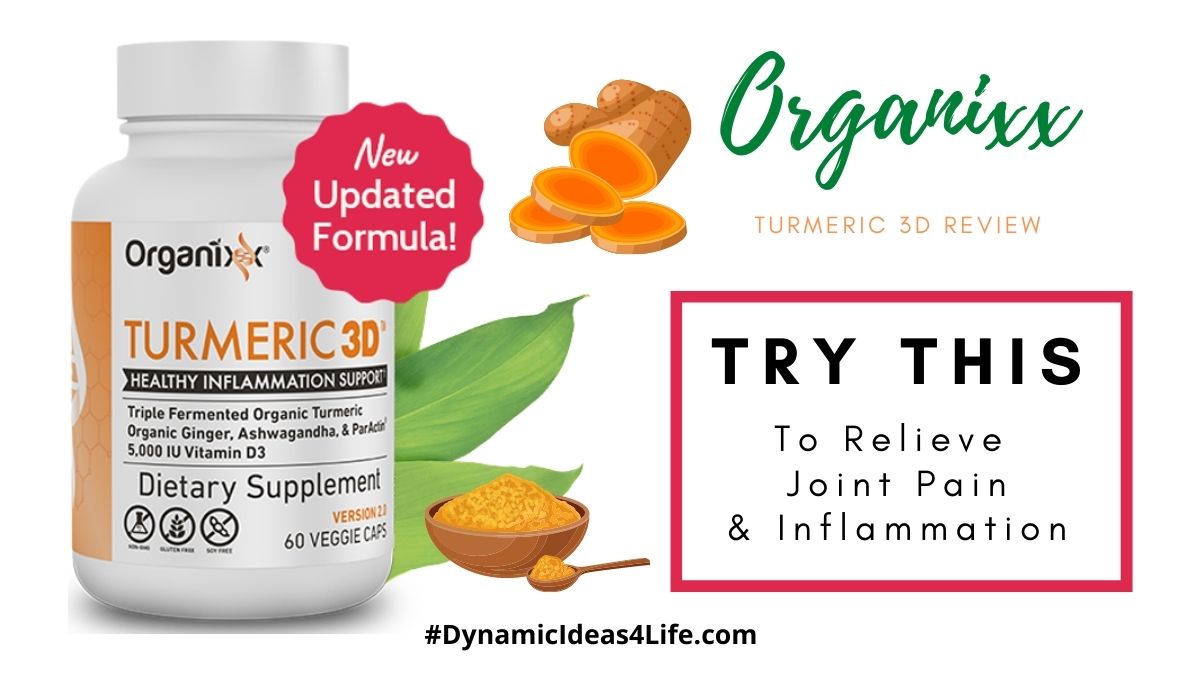


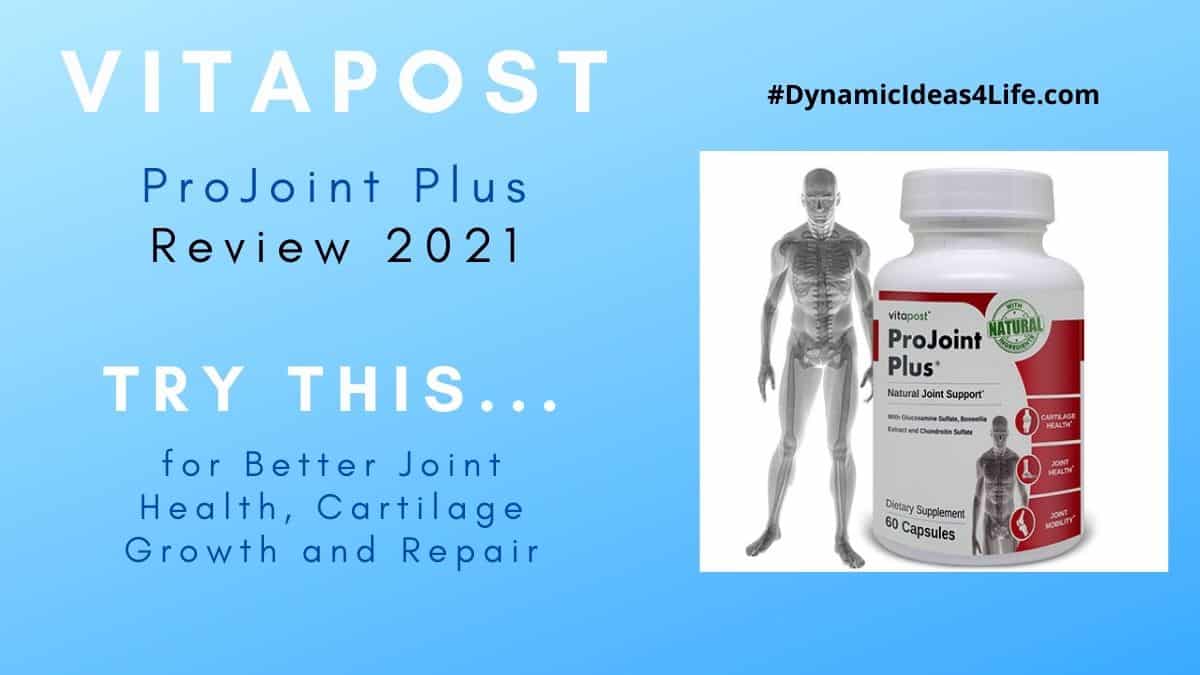
Anxiety and Depression best ways to lower blood sugar BiOptimizers blood pressure supplements blood sugar support supplements Digestive Enzymes Supplement digital products Dr Sam Robbins Exercise Gut Health Healthy Living heart health HFL how to lower blood sugar levels How To Lower Cholesterol insulin resistance joint health supplement Keto keto dieting Keto Diet Weight Loss leaky gut supplements leptin resistance list Magnesium deficiency Matt Gallant mental health Mind and Mood Probiotics multivitamins Nootropics nutrient supplements Probiotics Probiotic Supplements proteolytic enzymes reverse type 2 diabetes stress and anxiety stress relief vitabalance vitamin c vitapost Wade Lightheart weight loss articles weight loss diet plans weight loss product reviews weight loss supplements weight loss tea

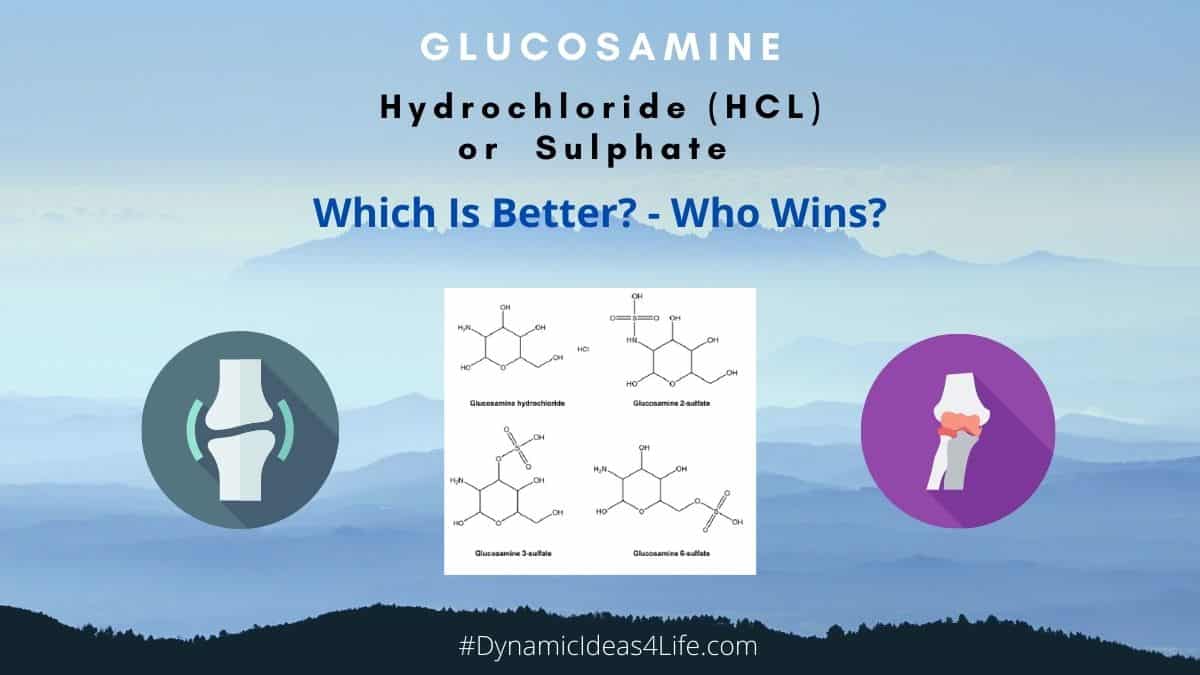
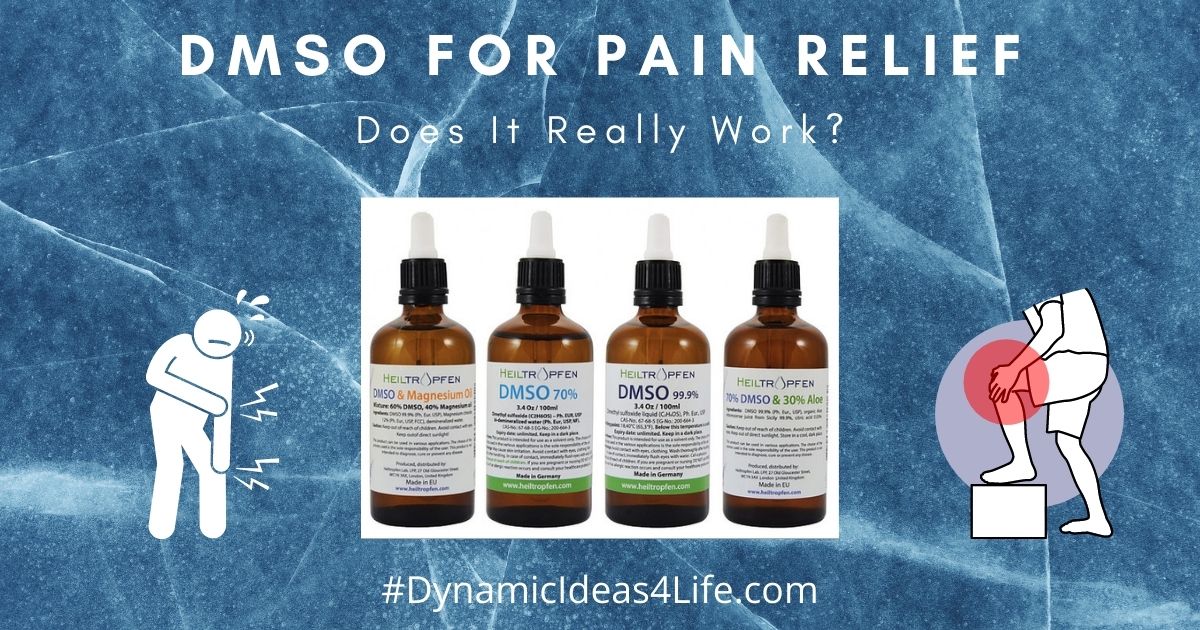



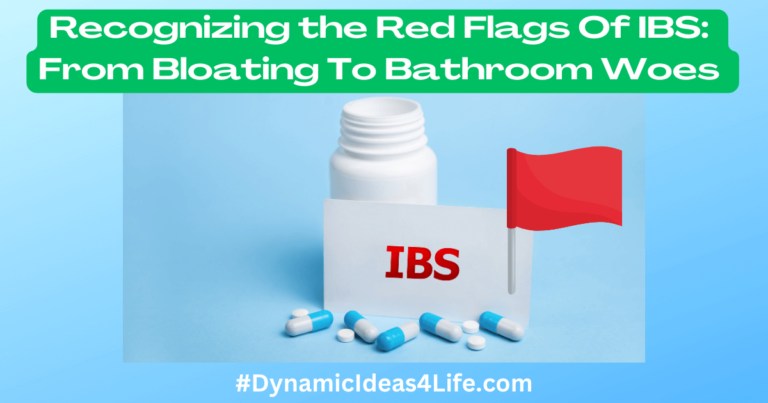
Thanks so much Alex for doing the research in response to my questions on Glucosamine Hydrochloride vs Glucosamine Sulfate Potassium. I appreciate all the research you have done. Particularly the research and referencing to external scientific studies is really great.
This helps me and all readers to make the best decision for our own health needs.
Regards John
Thanks John, I am glad I could actually get this finished when you asked about it before. To be honest I thought my ProJoint Plus review was a bit lacking in certain information when you asked your question before so glad I could finally get the chance to follow up on your question properly. Also have updated my original ProJoint Plus review so always good to get serious questions from my readers as it helps me to correct mistakes and is helpful for new material.